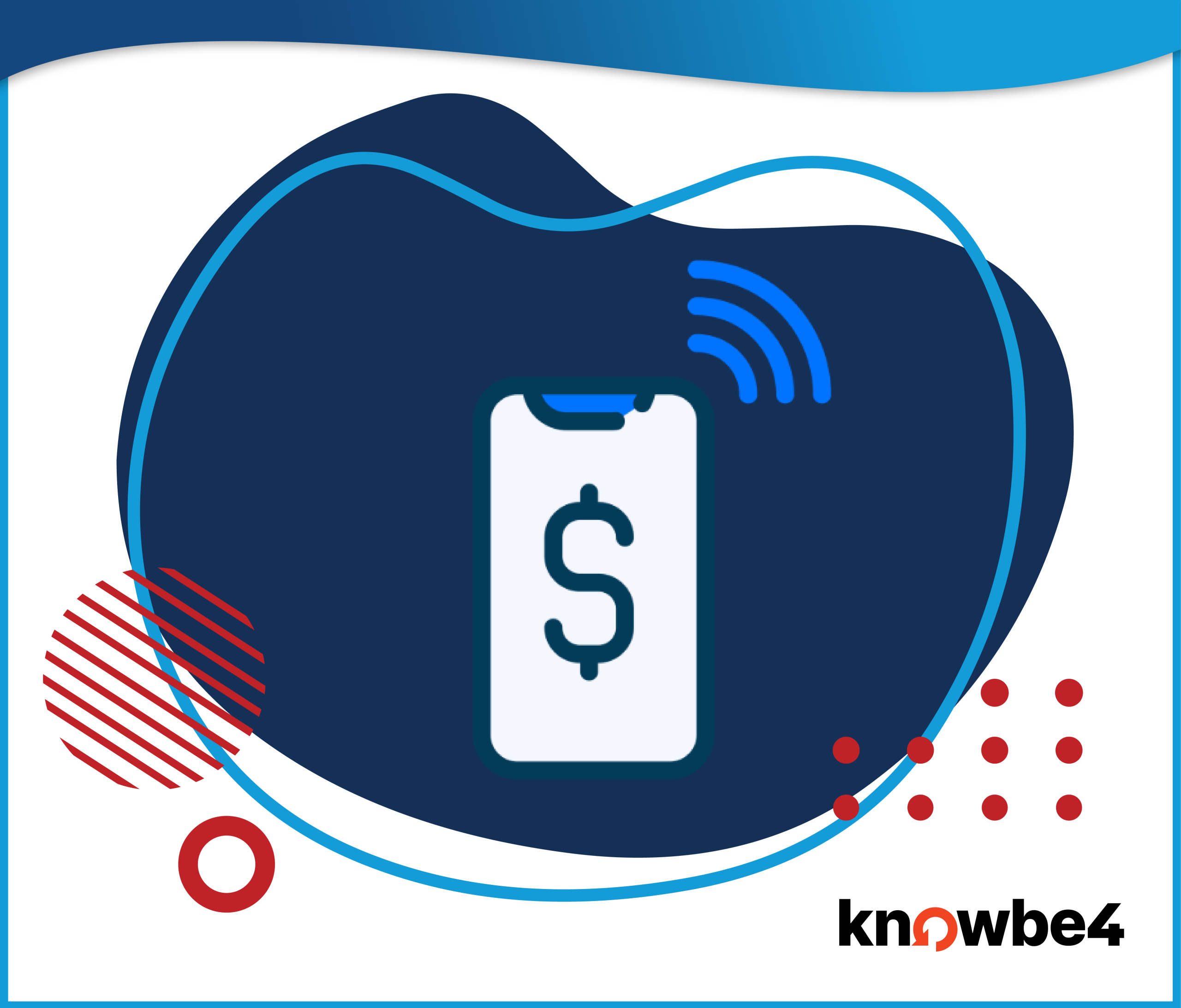Beware of fake text messages from the DMV demanding payment for traffic fines
In this week’s scam, you receive a text message that appears to be from the Department of Motor Vehicles (DMV). The text states that you must pay a traffic fine by a certain date. If you don’t pay on time, your vehicle registration will be suspended, and you’ll lose your driving privileges. Some versions of the message even state that you’ll go to jail or your credit score will be affected if you don’t pay.

The text message contains a link and instructs you to click it so that you can pay the fee. However, these messages aren’t sent by the DMV. They’re actually phishing texts (smishing) sent by cybercriminals. There was never an actual traffic fine or penalty. If you click the link in the text message and make a payment, your money will go directly into the cybercriminals’ pockets!
Tips to Stay Safe
Follow these tips to avoid falling victim to a smishing scam:
- Be cautious if you receive text messages claiming you must pay a fine immediately. Scammers often create a sense of urgency to trick you into acting impulsively.
- The DMV wouldn’t ask you for personal information or money through a text message. If you have questions about paying a fine, contact your local DMV through its official website or phone number.
- This scam targets users in the United States. However, cybercriminals can use these same tactics to try and trick users anywhere in the world. Always stop and think before you click!
Stop. Look. Think. And don’t be fooled.

Tips of the Week Brought to You By Our Partners at KnowBe4
KnowBe4 is the world’s most popular integrated platform for awareness training combined with simulated phishing attacks. Let Keller Schroeder show you how KnowBe4 has helped thousands of organizations just like yours manage the continuing problem of social engineering. Contact us today to learn more.




